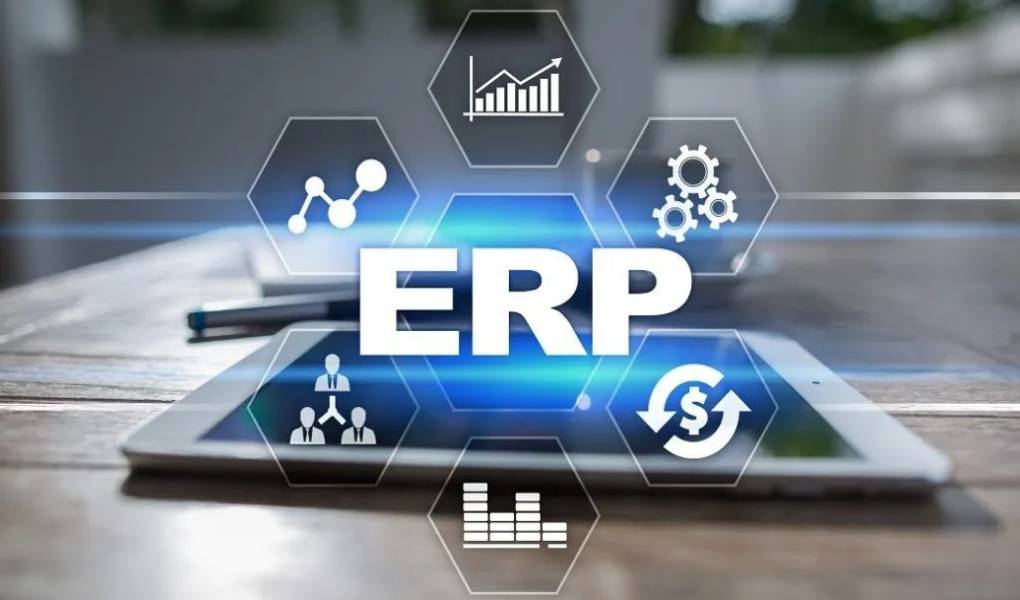ERP or Enterprise Resource Planning and CRM, i.e., Customer Relationship Management, are two terms that come up very often when talking about business management software. Contrary to popular belief, even if both are used to improve business performance, these two concepts differ on several points.
ERP For Centralized Management
What’s The Point?
ERP or Enterprise Resource Planning consists of software specially designed for resource planning and enterprise management in a centralized manner. He has mainly been involved in business processes and data exchanges between the company’s different departments.
Thanks to the analysis of KPIs, i.e., key performance indicators, the use of Enterprise Resource Planning thus offers the possibility of reducing production costs for greater efficiency and optimizing at the same time the processes between the departments. Enterprise Resource Planning, therefore, provides centralized management for facilitating decision-making.
Of course, to be effective, the system must apply to all company departments. As an indication, the sales data collected from the trade-oriented department will significantly influence the production targets. These, in turn, determine the financial forecasts and so on.
The Modules of An ERP
The business management tool, Enterprise Resource Planning, thus has several modules, ranging from production and human resources to the inventory system, finance, and accounting, not to mention the supply chain and sales.
Concretely, Enterprise Resource Planning software allows, among other things, to enter data that will be visible both at the boss’s level and with your entire system, thus ranging from inventory and quotes to orders.
You also can manage and optimize the efficiency of each department and their respective organization. Enterprise Resource Planning, therefore, links all departments together to automate the flow of activities. Thus, the device helps you manage the company centrally from a single database visible at several levels.
The Advantages of An ERP
With Enterprise Resource Planning, decision-making is much more informed because it is done company-wide and not at a single department level.
For example, the sales department and commercial management generate an order which will subsequently be visible to the inventory control department, the invoicing section, and the financial department and will ultimately influence the company’s production. By transforming these different processes into a continuous series, the Enterprise Resource Planning software allows better monitoring.
The use of a single database thus guarantees data interoperability, and it also promotes better communication. The data also remains very reliable.
CRM, For Prospecting And Marketing
What Is CRM?
Unlike ERP, Customer Relation Management software has no connection with the production process. As its name suggests, it focuses more on tasks that mainly affect sales, marketing, and the company’s various customer services.
The CRM solution, therefore, plays a decisive role in the prospecting and marketing departments. The device aims, above all, to automate the various sales processes. Among other things, it facilitates the registration of a new customer and sends update reminders or specific messages of the thank you type.
This device also makes it possible to collect the majority of customer information. The CRM is also a tool for creating a customer database based on information on the company’s customers and contacts. These will be used, among other things, for marketing purposes or to improve sales forecasts. It thus offers the sales department the possibility of carrying out better monitoring at the level of the sales department.
What’s The Point?
In concrete terms, Customer Relation Management is a tool for registering each customer and a medium for acquiring new customers. In addition to automating most sellers’ tasks, this software also helps the company nurture relationships with its customers. Each user thus saves the necessary information on each customer on a unique database. The analysis of this data makes it possible to subsequently determine customer behavior, globally and specifically, as well as their needs.
CRM Is a Solution That Allows You To Focus On The Customer
For example, a database indicating that most customers are located in a defined geographical area thus directs the sales and marketing department towards the best strategic decisions to be made. To sum up, the Customer Relation Management solution focuses on the customer, everything related to commercial relations and after-sales. Its goal is to enable the company to increase sales based on data collected from all customers.
Two Complementary Solutions
Despite their innumerable differences, Enterprise Resource Planning and Customer Relationship Management are still two complementary solutions. More importantly, they are perfectly compatible with each other.
Like SaaS solutions, choosing the best device largely depends on the size of the business and, of course, its needs and goals. Considered critical tools in managing any growth project, both software is specially designed to optimize business activities. While Customer Relationship Management improves customer management while increasing sales, the ERP solution automates the processes between the company’s departments to facilitate flows and lower costs.
Also Read: How A CRM Works. Sales And Management Power For Your Company
